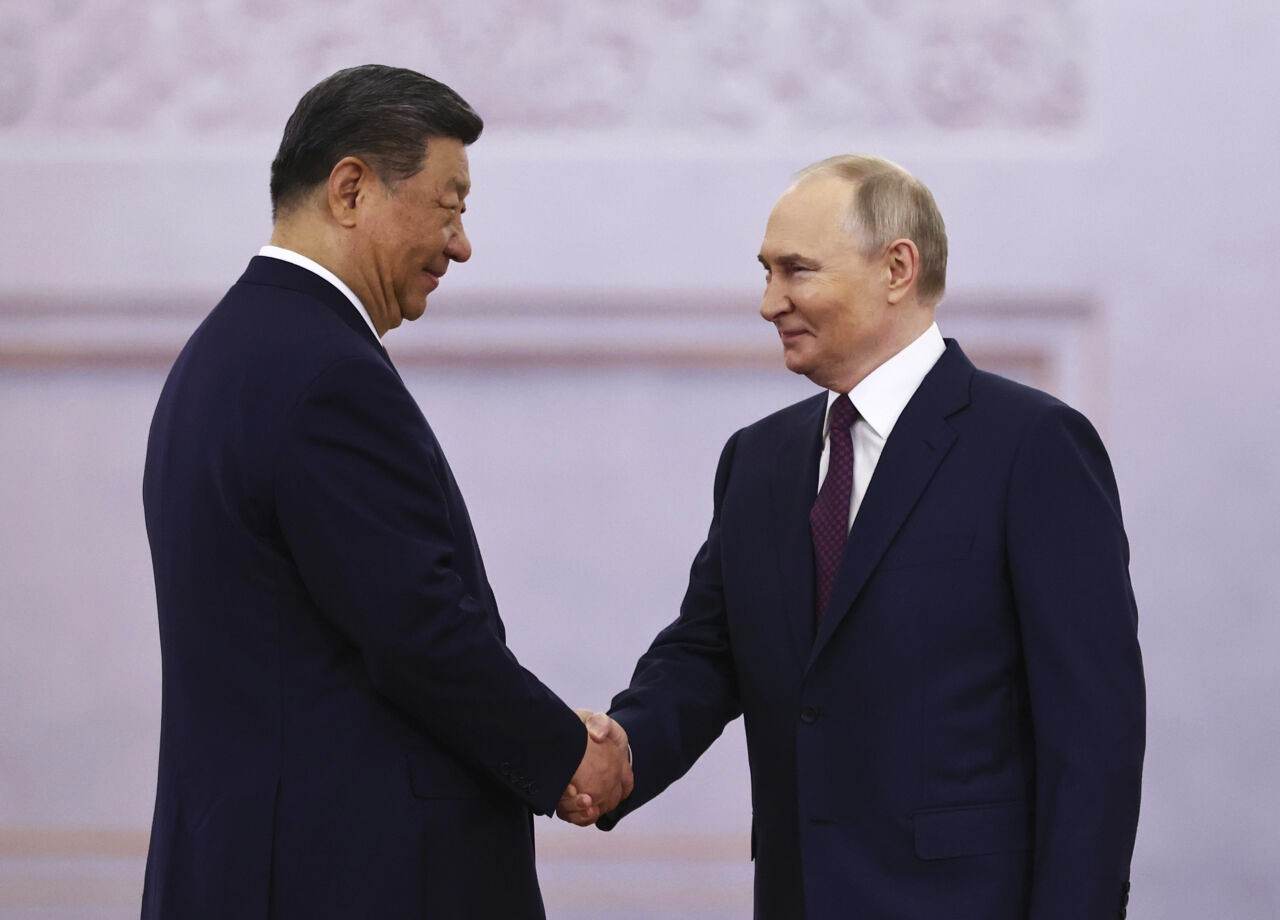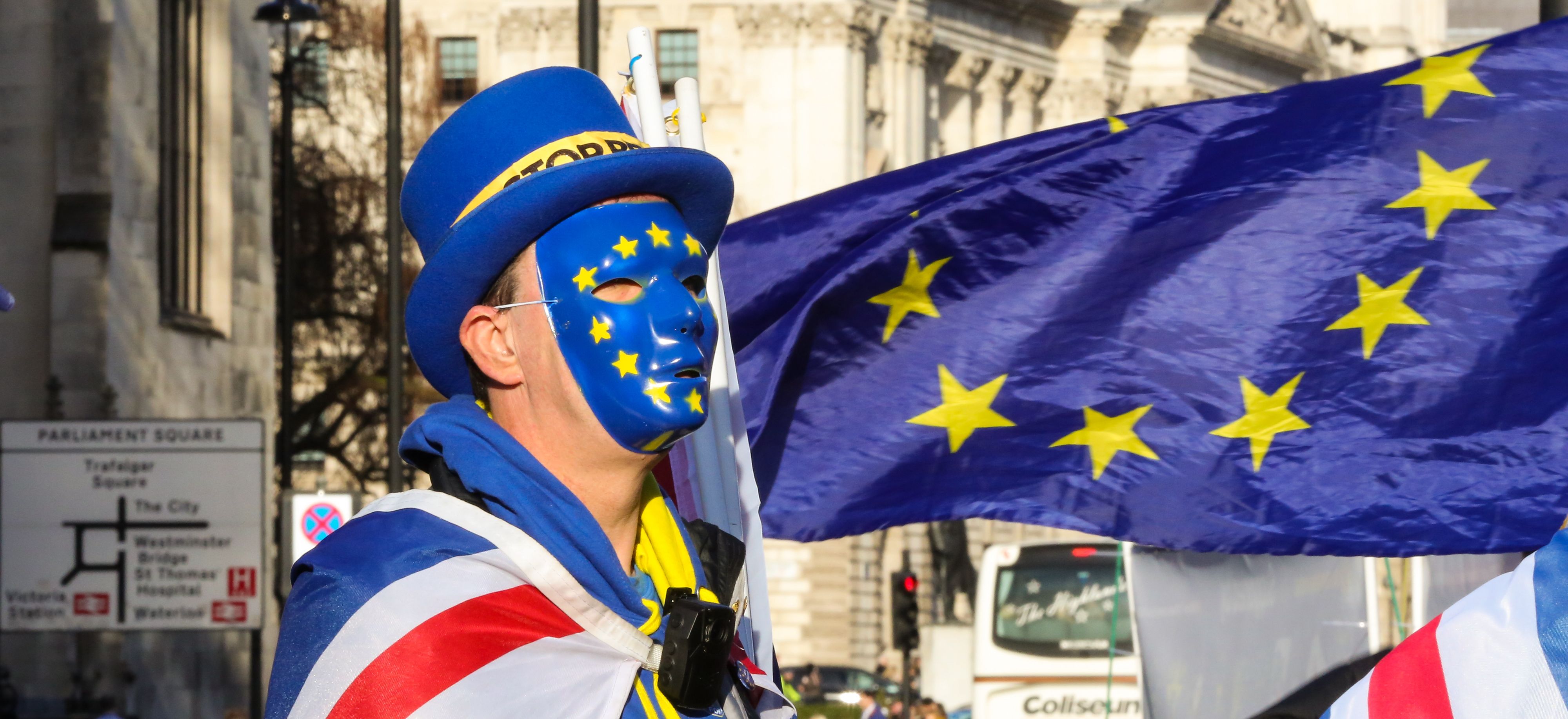G7 Summit
This may be the end of the Atlantic alliance
Three years ago, I argued that the BRICS (Brazil, Russia, India, China and South Africa), the informal organisation of the emerging markets, lacked the coherence of the G7, the group of long-established economic powers. While the BRICS situation has not improved since, the G7 situation just deteriorated dramatically.
In the blogpost last week, I referred to Harvard economist Dani Rodrik. I wrote: “In the professor’s eyes, the established economic powers have lost the dynamism and the credibility to assume global leadership, and US President Donald Trump’s erratic policies are compounding the problems.”
One of the top headlines yesterday was that Trump retracted his consent to the communique negotiated at the G7 summit in Quebec. He did so in a tweet, in which he also called Canada’s Prime Minister Justin Trudeau “dishonest and weak”.
Apparently, Trump was angry because of a press conference, during which Trudeau said that Canadians would “not be pushed around”. Moreover, Trudeau said he found “insulting” that Trump claimed US tariffs imposed on Canada served “national security”. Trudeau’s statements are consistent with what he said before the summit, so his stance neither looks dishonest nor weak.
What really looks weak is the G7 and any notion of “the west” (including Japan) leading the world. The way the leader of the most powerful G7 member treats his counterparts shows an utter lack of respect. The G7, moreover, obviously lacks coherence if the consensus reached at a summit in cumbersome negotiations is cancelled within hours.
It needs to be stressed that the lack of reliability undermines Washington’s authority. If the president cancels agreements at whim, it does not make much sense to conclude agreements with him in the first place. Indeed, even some conservative media pundits in the USA point out that Trump is not making America “great again”. For example, the assessment of Max Boot, who was always close to the Republicans before Trump rose to power, in the Washinton Post (which uses a paywall and limits the number of articles non-subscribers may access) is: “The Atlantic alliance was born in Canada in 1941 and may well have died there in 2018.” He blames “Trump’s stupid and self-destructive actions”.
The influence of the G7 has been decreasing for quite some time. In the mid-1980s, its member countries accounted for about two thirds of global GDP. Today, they account for about one half. Emerging markets have grown faster and gained relevance accordingly.
The financial crisis that started in 2008 diminished the standing of the G7 dramatically. It was triggered by the collapse of Lehman Brothers, the Wall Street bank. The crisis proved that financial markets are not inherently stable. A tenet of G7 orthodoxy had been that policymakers should do their best to attract private-sector investments, but should not interfere in markets otherwise.
The crisis hit the G7 countries so hard that they were suddenly forced to coordinate economic policymaking with emerging markets. The G20 was born.
A little later, the BRICS teamed up and began hosting annual summits of their own. The aspiration was obviously to establish an alternative to the G7. One driving motive was that the BRICS felt marginalised in the governance systems of international financial institutions (IFIs) like the World Bank, the International Monetary Fund and the regional development banks. China, in particular, had campaigned for more voting rights in IFI settings, but failed to achieve its goal.
In the meantime, the BRICS have set up new IFIs, in which their clout is stronger – for example the New Development Bank in Shanghai, which belongs to the five BRICS countries. The Asian Infrastructure Investment Bank, which has invited other countries to become members, deserves to be mentioned in this context too.
Beyond that, however, the BRICS do not have much in common. They are not promoting a shared vision of how humankind should develop. Until Trump rose to power in the USA, the G7 still had such a shared vision. It was about democracy, liberal trade and multilateral cooperation. The EU, Canada and Japan are still embracing that vision, but the USA is increasingly backing off. The US administration is no longer emphasising human rights, the rule of law and press freedom, for example. Trump is known for attacking judges and journalists whose work he does not agree with.
It is telling that Trump wants the G7 to become the G8 again by including Russia once more. Russia’s autocratic President Vladimir Putin, however, hardly seems interested. His strategic goal has long been to weaken the western alliance, and Trump is fulfilling his wildest dreams. The Democrat-leaning American journalist Josh Marshall writes:
Marshall wrote these lines before the G7 summit, by the way. And he pointed out that Trump has been working hard on undermining the USA’s alliances in the Pacific as well.
In an editorial comment, the Financial Times (another paywall) has valid advice for the G7 minus the USA:
“The G6 and other like-minded countries must band together whenever possible to resist protectionism, attempt to bypass Mr Trump by signing trade deals that exclude the US and keep the apparatus of global cooperation as functional as they can for when sanity hopefully returns to the White House. This weekend showed a world in disarray, where America has abdicated its responsibilities. The rest of the globe should draw consequences.”













